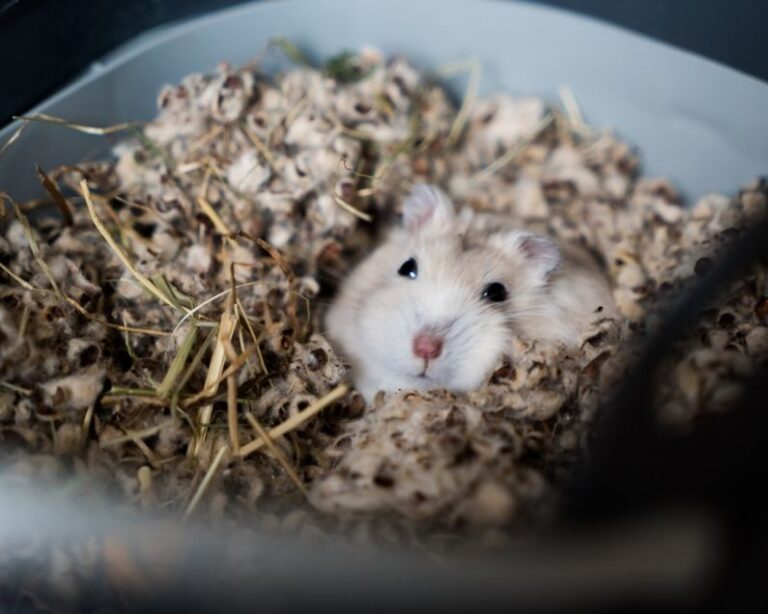
Hamsters are popular small pets known for their adorable appearance and playful demeanor. While these tiny creatures make great companions, it is essential for pet owners to be aware of the common health issues that can affect hamsters. Understanding these health concerns can help ensure the well-being and longevity of these beloved pets.
Respiratory Problems
One of the most common health issues seen in hamsters is respiratory problems. Hamsters are susceptible to respiratory infections, which can be caused by various factors such as poor ventilation, dusty bedding, or exposure to cold drafts. Symptoms of respiratory issues in hamsters include sneezing, wheezing, labored breathing, and nasal discharge. If left untreated, respiratory infections can lead to more serious complications, so it is crucial to seek veterinary care at the first sign of respiratory problems in your hamster.
Digestive Disorders
Digestive disorders are another prevalent health issue in hamsters. These small animals have sensitive digestive systems that can easily be disrupted by changes in diet, stress, or the ingestion of inappropriate foods. Symptoms of digestive disorders in hamsters may include diarrhea, constipation, bloating, and a lack of appetite. Providing a balanced diet, avoiding sudden changes in food, and offering fresh water can help prevent digestive issues in hamsters.
Dental Problems
Dental problems are also common in hamsters due to their continuously growing incisors. If a hamster’s teeth become overgrown or misaligned, it can lead to issues such as difficulty eating, drooling, weight loss, and oral infections. Providing chew toys and blocks made specifically for hamsters can help maintain proper dental health by keeping their teeth worn down. Regular veterinary check-ups are essential to monitor your hamster’s dental health and address any potential issues promptly.
Skin Conditions
Hamsters are prone to various skin conditions that can impact their overall health and well-being. Skin issues in hamsters can be caused by factors such as poor hygiene, mites, fungal infections, or allergies. Common symptoms of skin problems in hamsters include hair loss, itching, redness, and scabs. Maintaining a clean habitat, providing appropriate bedding, and regular grooming can help prevent skin conditions in hamsters. If you notice any skin abnormalities in your hamster, consult with a veterinarian for proper diagnosis and treatment.
Tumors
Tumors are a significant health concern in hamsters, particularly in older individuals. These small lumps can develop in various parts of the body, including the skin, mammary glands, and internal organs. While not all tumors are cancerous, they can still affect a hamster’s quality of life and require medical attention. If you notice any unusual lumps or bumps on your hamster, it is essential to have them evaluated by a veterinarian to determine the appropriate course of action.
Infectious Diseases
Hamsters are also susceptible to various infectious diseases that can be transmitted through contact with other animals, contaminated food or water, or unclean living conditions. Common infectious diseases in hamsters include wet tail, ringworm, and respiratory viruses. Symptoms of infectious diseases in hamsters may vary but can include lethargy, weight loss, diarrhea, and dehydration. Preventing the spread of infectious diseases requires maintaining good hygiene practices, providing a clean living environment, and avoiding contact with sick animals.
Maintaining Your Hamster’s Health
To ensure the health and well-being of your hamster, it is essential to provide a suitable habitat, a balanced diet, regular veterinary check-ups, and plenty of mental and physical stimulation. By being aware of the common health issues that can affect hamsters and taking proactive measures to prevent and address them, you can help your furry friend live a long, happy, and healthy life.
In conclusion, being a responsible pet owner means being informed and attentive to your hamster’s health needs. By staying vigilant for any signs of illness or discomfort, providing proper care and seeking veterinary attention when necessary, you can help your hamster thrive and enjoy a fulfilling life as your beloved companion.





